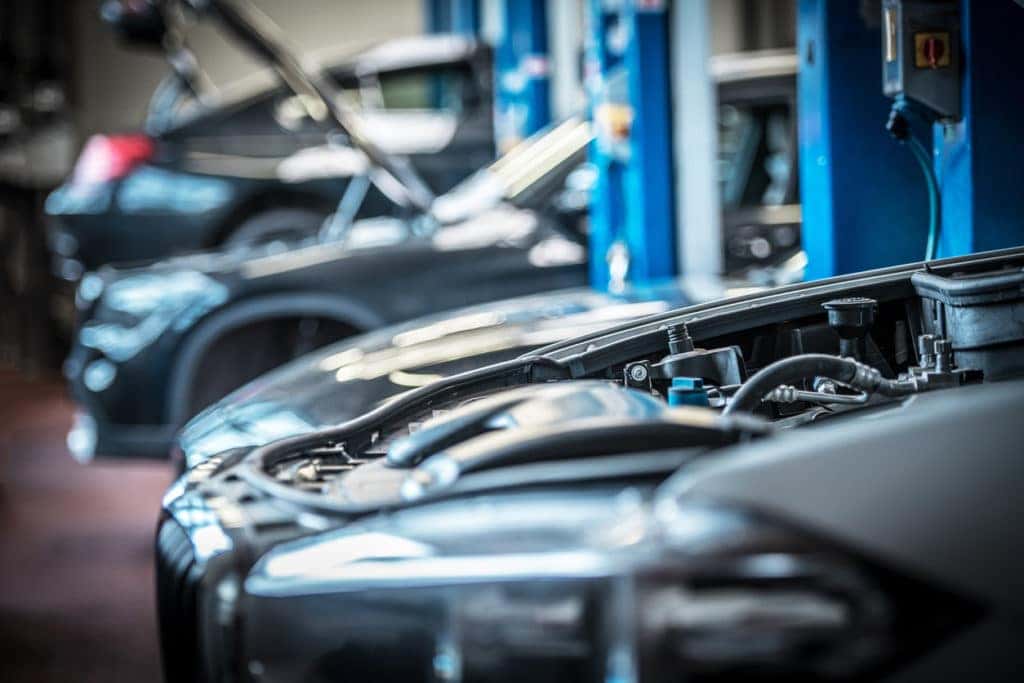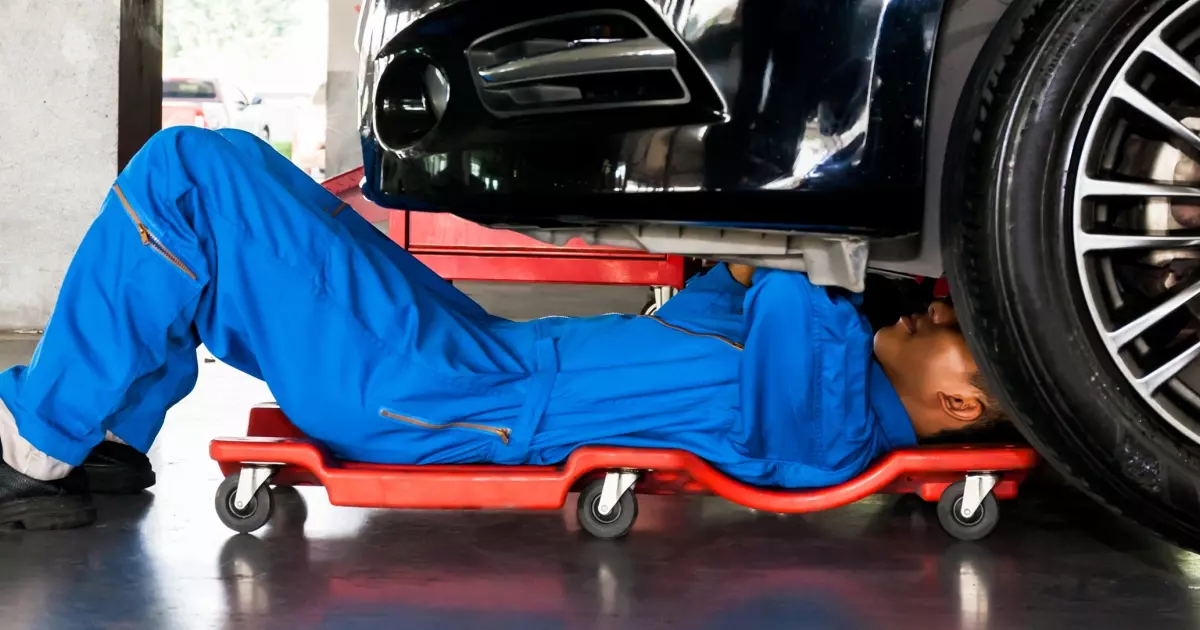Ultimate Vehicle Repair List: Ensure Your vehicle's Longevity and Efficiency
Maintaining the long life and performance of your automobile is a critical facet of responsible auto ownership. Envision driving a well-kept cars and truck that purrs efficiently, takes you areas easily, and continually executes at its ideal. This vision is not improbable if you stick to a thorough automobile fixing checklist that covers important aspects of vehicle maintenance. By adhering to a couple of key methods and guaranteeing routine exams, you can significantly extend the life expectancy of your car while enhancing its efficiency.
Normal Oil Modifications
Routine oil modifications are essential for maintaining the optimum efficiency and durability of your vehicle. Engine oil plays a crucial role in lubing the various parts of the engine, lowering friction, and preventing overheating. In time, oil breaks down and comes to be polluted with dust and particles, which can compromise its effectiveness. By adhering to a regular oil adjustment routine as suggested by your car's maker, you can make certain that your engine continues to run efficiently and efficiently.
Ignoring to alter your oil at the specified periods can bring about a host of issues, consisting of reduced fuel effectiveness, engine getting too hot, and prospective damage to engine elements. Additionally, old and filthy oil can create raised wear and tear on your engine, ultimately reducing its life-span. Purchasing regular oil changes is a cost-effective and fairly easy maintenance task that can have a significant influence on the overall health and efficiency of your automobile. By staying aggressive with your oil adjustment timetable, you can aid protect against costly repair work down the line and keep your car running in leading condition.
Tire Upkeep and Rotation
Ensuring appropriate tire maintenance and rotation is vital for maximizing your car's durability and efficiency potential. Regular tire upkeep includes inspecting tire stress, walk depth, and general problem. Properly filled with air tires boost gas effectiveness, managing, and overall safety when driving. It is suggested to inspect tire pressure a minimum of once a month and eventually journey.
Tire turning is an additional essential facet of tire upkeep. Revolving your tires assists guarantee even use, expanding their lifespan and boosting total performance. Tire turning patterns differ depending upon whether your car is front-wheel drive, rear-wheel drive, or four-wheel drive. As a basic guideline, tires should be turned every 5,000 to 7,500 miles.
Along with tire rotation, it is very important to have your wheels appropriately lined up. Misaligned wheels can result in uneven tire wear, impacting both performance and safety and security. Consistently evaluating your tires, rotating them, and straightening your wheels will not only prolong the life of your tires yet additionally add to a smoother and much safer driving experience.
Brake Inspection and Service
Performing complete brake inspections and timely maintenance is paramount to keeping your car's safety and performance standards. Your car's brakes are a critical element that needs routine interest to ensure they operate efficiently. Throughout a brake inspection, a qualified specialist will certainly inspect the brake pads, blades, calipers, and brake fluid levels for any kind of indicators of wear or damage. Timely maintenance can avoid possible brake failures and accidents when driving.
Brake pads must be examined consistently, as they wear down in time due to rubbing - wheel alignment. Worn-out brake pads can lower stopping performance and increase stopping distances, posing a security threat. Furthermore, examining the brake fluid degrees and making sure there are no leaks in the brake system is essential for ideal brake performance
Routine brake maintenance, consisting of brake pad replacements and blades resurfacing, can prolong the life of your brakes and prevent expensive repair services over time. By focusing on brake examinations and servicing, you can drive with self-confidence understanding that your automobile's braking system is working correctly.
Fluid Degrees and Quality Check
Preserving optimum liquid degrees and quality is vital for the smooth operation and durability of your car. Regularly examining and preserving appropriate degrees of vital liquids such as engine oil, coolant, transmission fluid, you can try this out brake liquid, power guiding liquid, and windshield washer fluid is vital to guarantee that your vehicle works efficiently. Reduced or contaminated liquids can bring about boosted rubbing, getting too hot, deterioration, and ultimately, costly repairs.

Frequently examining and maintaining the quality and levels of these fluids will not only improve your automobile's efficiency but likewise extend its lifespan, conserving you money and time over time.
Battery Examining and Substitute

There are a number of ways to test a car battery. One common technique is using a multimeter to determine the voltage output. A healthy and balanced battery usually registers around 12.6 Click Here volts. Additionally, a lots test can identify the battery's capacity to hold a fee under different conditions. If your battery stops working these examinations or is older than 3 to 5 years, it might be time for a substitute.

Verdict
To conclude, keeping your car with normal oil adjustments, tire maintenance, brake assessments, liquid level checks, and battery screening is vital for guaranteeing its durability and efficiency. By following this ultimate auto repair work checklist, you can prevent expensive fixings and malfunctions, ultimately saving you money and time in the long run. Focusing on these upkeep tasks will aid maintain your automobile running smoothly and efficiently for years to come.
Making sure appropriate tire upkeep and rotation is crucial for maximizing your vehicle's longevity and performance capacity.Carrying out detailed brake evaluations and timely maintenance is paramount to maintaining your vehicle's safety and security and efficiency standards. Your vehicle's brakes are a critical element that needs regular attention to guarantee they function properly. On a regular basis inspecting and keeping correct levels of necessary liquids such as engine oil, coolant, transmission fluid, brake liquid, power guiding liquid, and windshield washer fluid is important to ensure that your car operates successfully.In final thought, preserving your vehicle with normal oil changes, tire maintenance, brake assessments, fluid degree checks, and battery screening is crucial for guaranteeing its long life and efficiency.